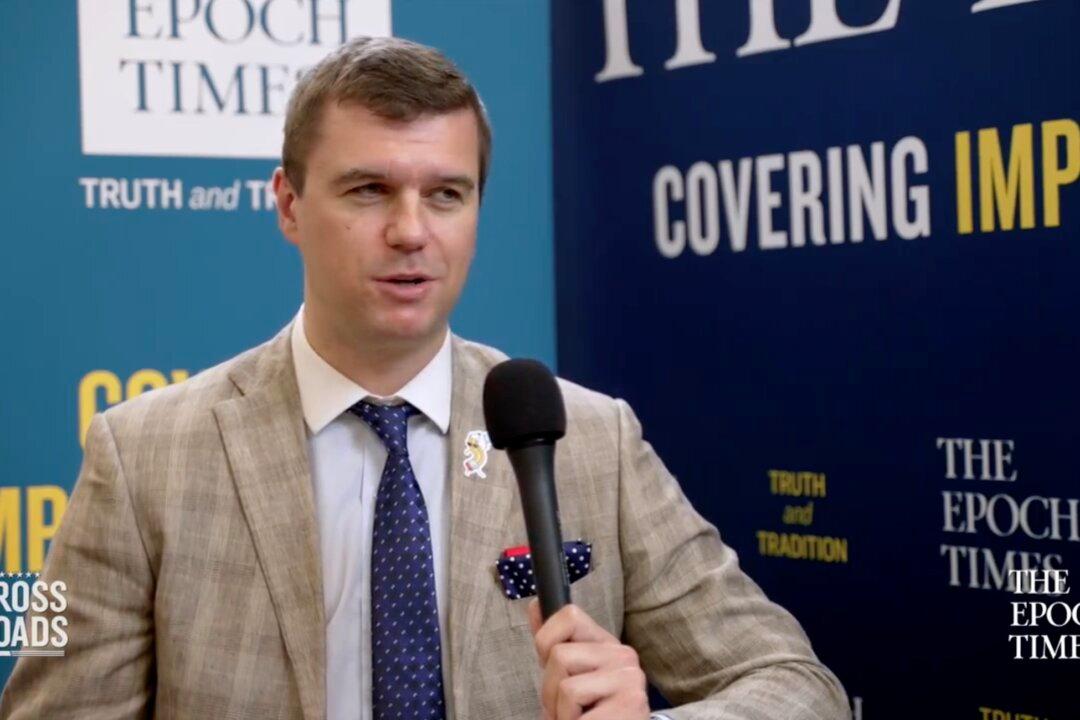America’s younger generations—many of whom support socialist policies that claim to be a path to achieving equality, the environment, and justice—are unaware that these claims quickly become empty promises once socialism is in action, said Zilvinas Silenas, president of the Foundation for Economic Education (FEE).
Among those who express positive opinions of socialism, they can largely be separated into three different groups, Silenas told EpochTV’s “Crossroads” program. There are people who honestly believe in socialism, people who will use anything bad happening in the United States to justify socialism, and people who do not know what socialism is, he said.






